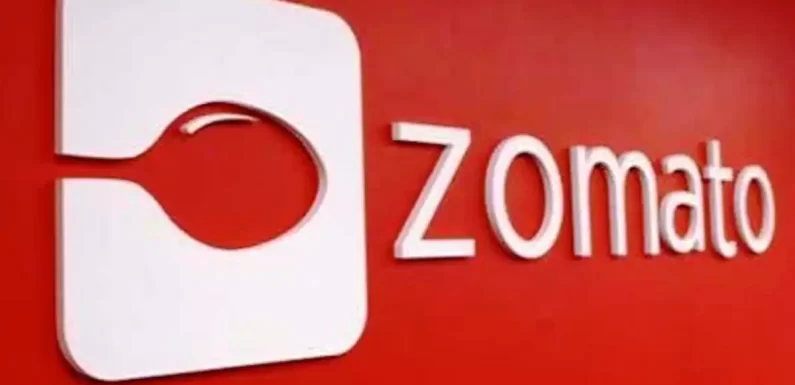
Food delivery platform Zomato is in the news recently for all the wrong reasons. Many of the high officials including the Co-Founder Mohit Gupta have resigned , giving a major blow to the company’s aspirations. When Zomato made a debut at the Indian stock market, newbies were excited about minting money through its shares. Emotions prevailed over realities. The results were inevitable. After giving modest initial returns, the stock started showing it’s true colors. Within a year and half, the stock price slashed nearly 140% from its highest point and it is now trading at a meagre 64 Rs a piece. Even though the company showed some profits in the previous quarter ending on September 30, losses in consecutive years and quarters have made the company a liability for those who have invested heavily in the stock. But why is Zomato failing to fetch a profit and stand on its feet? Why cannot it earn the trust of the educated investors?
The reason is simple. What does it basically do? Does it have a product? Its reputation depends solely on the quality of the products it borrows from the third party and gives to the customers. They are basically sophisticated middlemen who make it easier for you to have your meal sitting at the comfort of your home. Please do not start citing examples like Amazon or Flipkart. The modus operandi there is completely different and nowadays they are even having their own product lists. The way Zomato works is altogether a different concept.
If you have lived in both city and a small town, you will be able to understand how they operate their business. In the cities, where the competition is higher, options are plenty, they do not play with the prices. They are very much aware that doing anything unscrupulous at the cities may shake their very base. But their crooked games are in full swing in the small town where they enjoy monopoly to some extent and the menu options are limited as well. They tweak the prices of the food items to such an extent, you will surely feel cheated if you consume the same item from the restaurant directly. For example, in a modest restaurant at a very small town of West Bengal, the average price of a dosa is around Rupees 60/-. Now, Zomato enlist the same dosa with a price tag of Rs. 119 plus other charges. The total cost comes to somewhere around Rs 150/-. Then they give a special offer code and give a discount of Rs 30/-. You feel lucky to get the discount and do not question how they swindled money from your pocket and sold the product at a double price. Are you shocked? Even I was so. So I went on experimenting and found the same result every time. I am telling you again, this mostly happens in the small towns where the awareness of the consumers is less in comparison to the big cities. And to do cover-up of such malpractices, they will come up with emotional stories of some delivery boy or man who supposedly overcame all the obstacles to deliver food at your doorstep. With moist eyes, you order again on Zomato thinking that your act will benefit that unfortunate delivery guy. But alas! The penny will find the pockets of the sharks at Zomato. Be aware of such fraudulence. Be aware of your rights. You have social media platforms to bring those goons at task. I hope now you know the true reason why the officials are refusing to stay with them. I hope now you understand why the share of the company has fallen so much. The beginning on the end?









